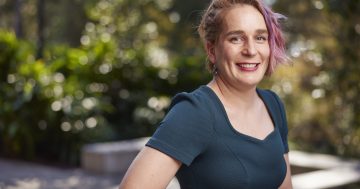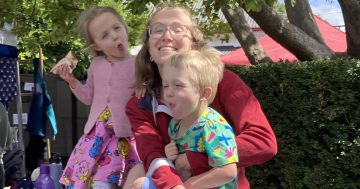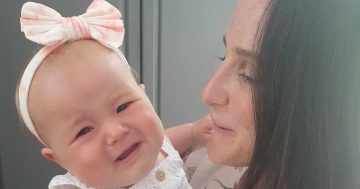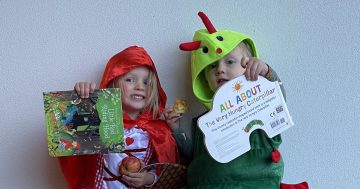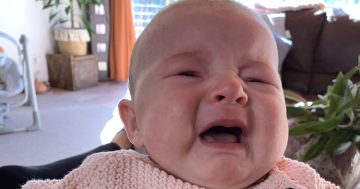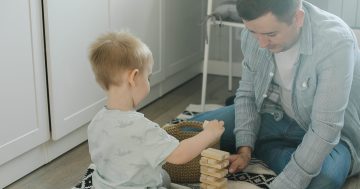
Women who choose not to have kids are missing out on the single most worthwhile, fulfilling experience they can have in life. Or not. Image: File.
I’m at that age now where every second day someone is asking me when my long-term partner and I are going to have kids (that, and when we’re getting married – the answer to which is ‘never’).
We’re in our thirties, we’ve been together for a very long time, we own a house, have good jobs, it’s like the old rhyme goes: first comes love, then comes monogamy, then comes a baby something-something etc.
Luckily for me, I actually do want to have a kid or two, which makes the invasive questions somewhat easier to bear. For my female friends who are suffering the same scrutiny, and either don’t want kids or have fertility challenges, it’s less welcome.
Recently, a cohort of women who don’t want children, ever, have started taking the conversation in a different direction by talking about their lives as being ‘child-free’ as opposed to the judgement-loaded more common term of ‘childless’.
It might seem like a minor semantic difference, but the connotation is huge. Where ‘childless’ implies something is inherently missing from the lives of women (and it always seems to be women who suffer these questions; my partner, for example, had literally no idea our friends and family have been grilling me), ‘child-free’ suggests the opposite, that women without children are simply that – and there is nothing ‘less’ about their lives as a result.
Of course, if read slightly differently, ‘child-free’ could also suggest that women without children are ‘free’ from the burden of motherhood. I’m choosing to see it as an attempt to empower women who, for whatever reason, whether by choice or circumstance, don’t have kids and not a negative term creating more opportunity for judgement of mothers.
The reality is, women who don’t have children are treated differently in society, and it only increases as we age.
There is a lingering question of ‘why?’
Why don’t you have kids? What do you fill your life with? What gives you meaning? And underlying that is the suggestion that there is something perhaps a little selfish about you, that you’ve prioritised yourself over children. Or worse, that there’s something faulty in you that has prevented you from achieving these expected milestones.
If you think I’m exaggerating, just take a peek online at the conversations between mothers and child-free women and see the judgment, anger and frustration flowing from both sides. I’ve watched mothers on social media claiming that women who choose not to have kids are missing out on the single most worthwhile, fulfilling experience they can have in life. I’ve watched child-free women argue that the freedom and self-determination they enjoy is something mothers can never again access once they have kids.
Neither of these things are objectively true. The truth for most women lies somewhere in the middle.
Personally, I’m worried that if I do have kids, some of my friends who definitely don’t want children will drift out of my life. And equally, as I watch close friends have kids, I worry that our friendships will wane as we have less and less in common during the early years when parenthood is particularly all-consuming.
So is the ‘child-free’ conversation going to help progress the conversation towards greater understanding and acceptance? Or are we just changing the shape of the wedge that exists between mothers and women without kids?












